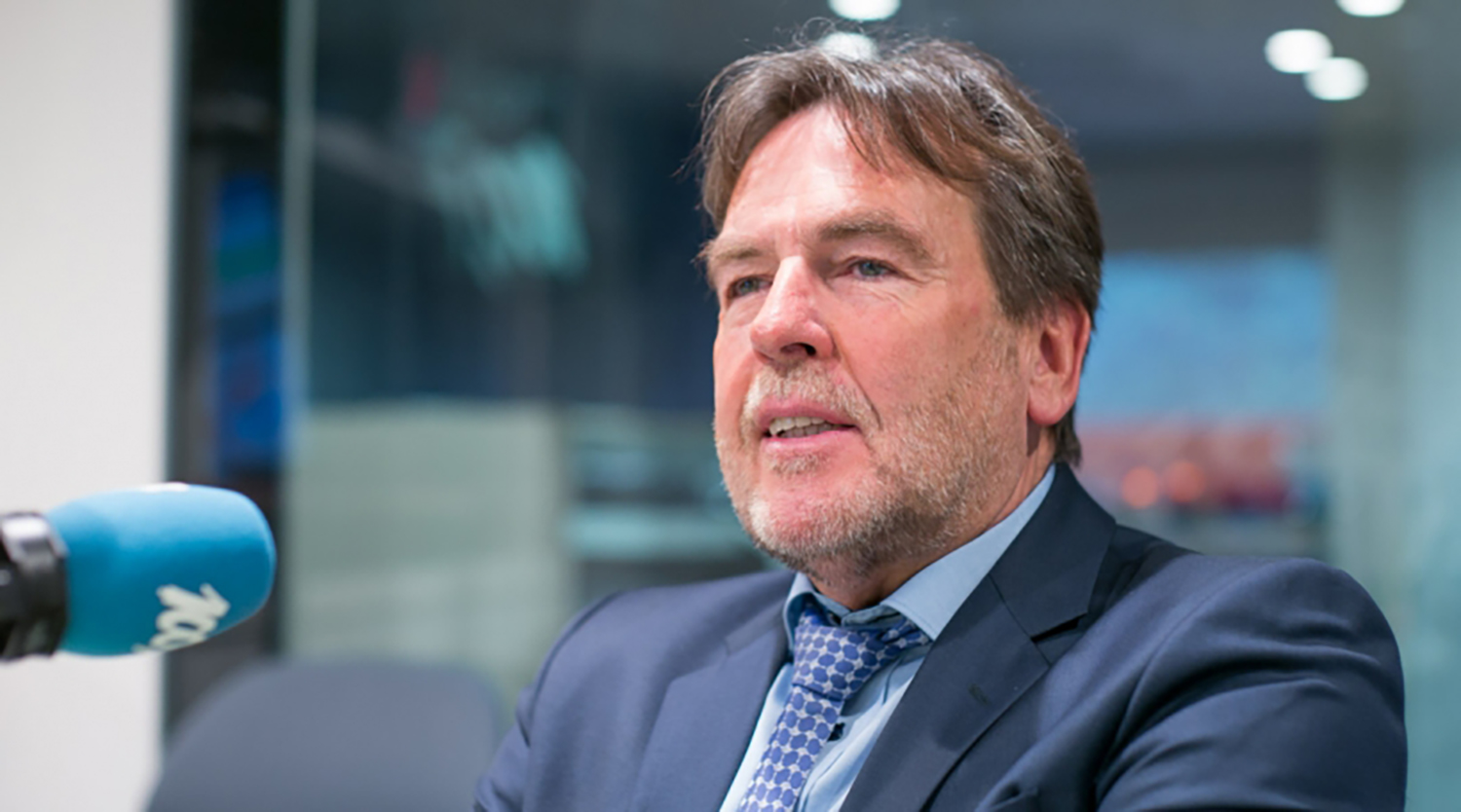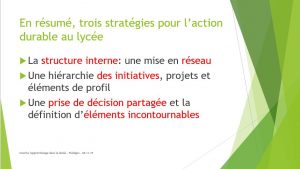Sustainable learning!
We talk a lot about quality in education. But what type of content should schools transmit today? Shouldn’t the curriculum be more at the forefront of deliberations? Gaston Ternes answers this question in his Carte Blanche.
Information is available everywhere and immediately, both true and false. This is why many skills such as thinking critically, working collaboratively, being able to communicate and being creative are considered particularly important in learning processes.
But what about the content, the programs of study in our schools? Are they, in their objectives and content, sufficiently nourished and regularly checked for their meaning and coherence?
The quality of education is favored by a context that makes sense for young people. That's what the research says. But what is the reality?
I consulted the current courses and I was quite surprised that an overall vision, beyond the subjects, was still completely lacking!
I could cite a whole range of examples. Let's take just one: At the same period, the fourth grade, an introduction to the history of literature is given in French based on the Middle Ages, in German it goes from the Middle Ages to the Age of Enlightenment, in history it is the Age of Enlightenment and the French Revolution, in English the current world, in artistic education baroque, classicism, romanticism, realism and impressionism are studied.
All this for the same 16 year old!
In physics, concepts like speed and acceleration are used in third grade, but introduced in mathematics only a year later in second grade. This inconsistency has existed for over 40 years now!
Certainly, the didactic considerations of a discipline make sense, but they are not enough: an overall view is missing.
Would it not be appropriate to agree on a common approach per year of study, and to shed light on a certain era from the point of view of historical and social events, literature, art, architecture, science?
This issue of sustainable learning goes well beyond the initiatives that schools can develop. It is essential to determine the content and concepts that allow today's young people to acquire knowledge that will allow them to succeed in their adult lives. This debate is missing at the national level, but also at the European level. Today, exactly 74 years after May 5, 1949, the date of the creation of the Council of Europe. It brings together 46 states and one of its main objectives is to research, negotiate and coordinate responses to societal challenges. This council has an education department and an education policy division, but its scope does not extend beyond publications on subthemes.
What a pity!



